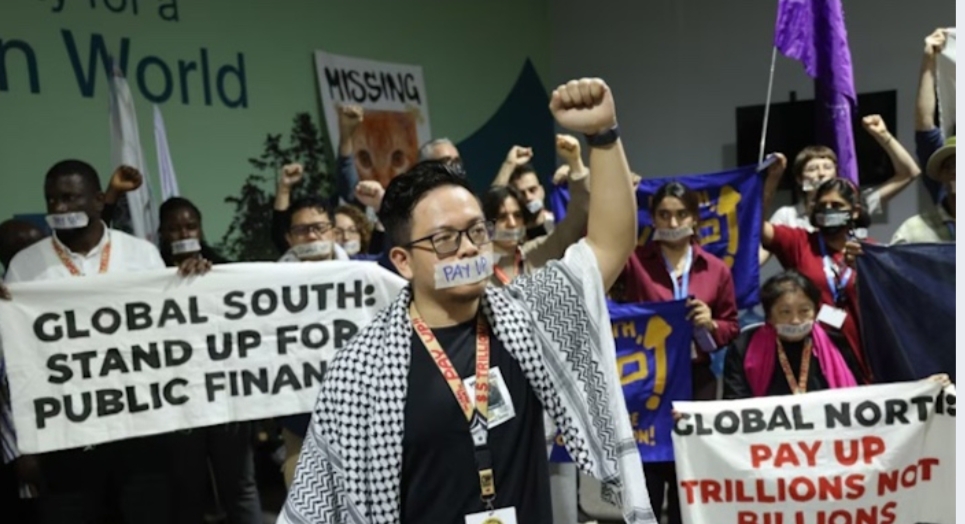
Representatives from developing nations have strongly criticized the United Nations’ $300 billion climate agreement, calling it insufficient to tackle the devastating impacts of climate change. The deal, intended to support poorer nations in their efforts to combat global warming, was reached after intense negotiations and ratified by COP29 President Mukhtar Babayev in a city historically known for its pivotal role in the oil industry.
However, the agreement quickly became the subject of heated debate when delegates from developing countries took the floor to voice their dissatisfaction. India’s negotiator, Chandni Raina, was particularly outspoken, denouncing the allocated sum as “a paltry amount.” She expressed her nation’s refusal to accept the deal, labeling it “abysmally poor” and accused developed countries of imposing adaptation measures on developing nations without adequately considering their need for economic growth.
Nigeria also weighed in, with Nkiruka Maduekwe, CEO of the National Council on Climate Change, condemning the agreement as both an “insult” and a “mockery.” Maduekwe argued that the responsibility for climate action should fall more heavily on developed countries, given their historical and ongoing contributions to global climate change. “It is not something we should take lightly. I do not think this is something we should clap our hands for,” she asserted.
The criticism from developing nations highlights a growing rift over how global climate action should be financed and who should bear the most responsibility for mitigating the crisis. As the debate continues, it remains uncertain whether the agreement will undergo significant revisions or if it will stand as a symbol of inequity in the global fight against climate change.

